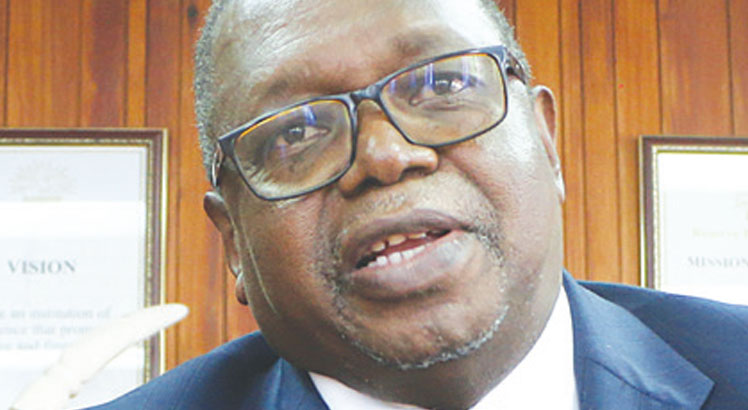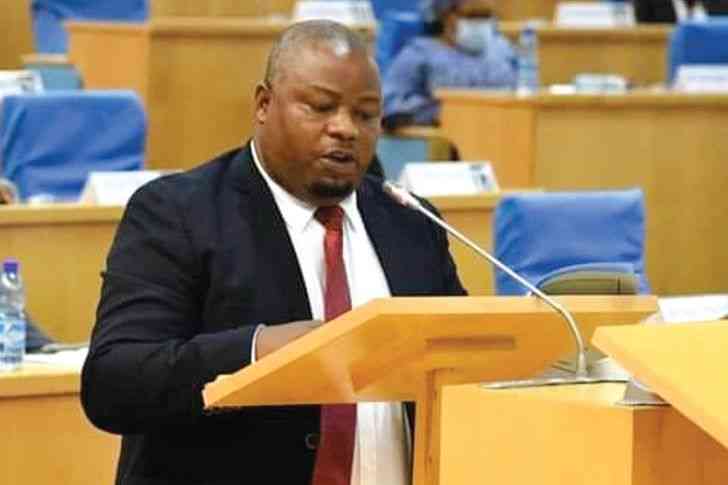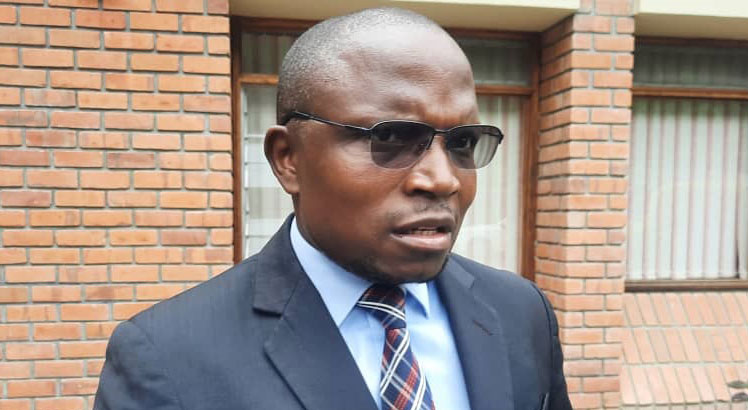Bank loans get more expensive
It never rains but pours for Malawians as the Reserve Bank of Malawi (RBM) has adjusted upwards the policy rate by two percentage points, a move that is expected to exert more pressure on borrowers.
As a key driver of interest rates on loans, the decision will have ripple effects as commercial banks will likely implement reciprocal adjustments to the price of loans.
Practically, the decision means that the RBM is trying to reduce money supply in the economy by increasing the cost of borrowing.
The hiking of the bank rate, the rate at which commercial banks borrow from the central bank as a lender of last resort, comes at a time authorities are battling a high inflation rate at 27.3 percent as of June, according to National Statistical Office (NSO).
The decision, announced by RBM Governor Wilson Banda in a statement yesterday, has since pushed the bank rate to 24 percent from 22 percent.
According to the third sitting of the Monetary Policy Committee (MPC) Meeting of 2023, the move has been necessitated in view of price pressures which have intensified, such that inflation is projected to remain substantially above the medium-term target for longer.
Said Banda: “The committee resolved that a monetary policy response is required to contain demand and reduce inflation towards the medium-term target.”

He said the committee arrived at this decision while being mindful that the impact of the previous monetary policy decisions may not have been fully transmitted into the economy.
Meanwhile, RBM, has also adjusted the liquidity reserve requirement (LRR)—a fraction of bank deposits that commercial banks are required to keep at the central bank— on local deposits by 200 basis points to 7.75 percent, but maintained the LRR on foreign currency deposits at 3.75 percent.
Reacting to the move, economist Bond Mtembezeka said the decision will have negative implications on the economy.
“Economic agents will now start acquiring funds at even higher interest rates. The producers pass on these costs to consumers as a result prices of goods and services go up, making it difficult for most people to access basic services,” he said.
Consumers Association of Malawi executive director John Kapito said the move is a worrisome development for bank customers who are already struggling to service their loans.
“This is a disaster as our breathing space has just been narrowed,” he said.
On his part, Indigenous Business Association of Malawi (Ibam) president Mike Mlombwa observed that with an already difficult operating environment, the policy rate hike is retrogressive to the development of the sector.
He said: “SMEs are already struggling from the negative impacts of Covid-19, cyclones and low international investments. Already, we find difficulties to access loans.
“It is bad news for small businesses at a time we thought we would start growing again. So, it is worrisome to SMEs.”
The policy rate was static at 12 percent since 2021 and the central bank indicated that it was meant to support economic recovery from the Covid-19 pandemic.
However, in view of rising inflation, the central bank has since the last-quarter of 2022, sustained an adjustment in the policy rate to tame the rising inflation





